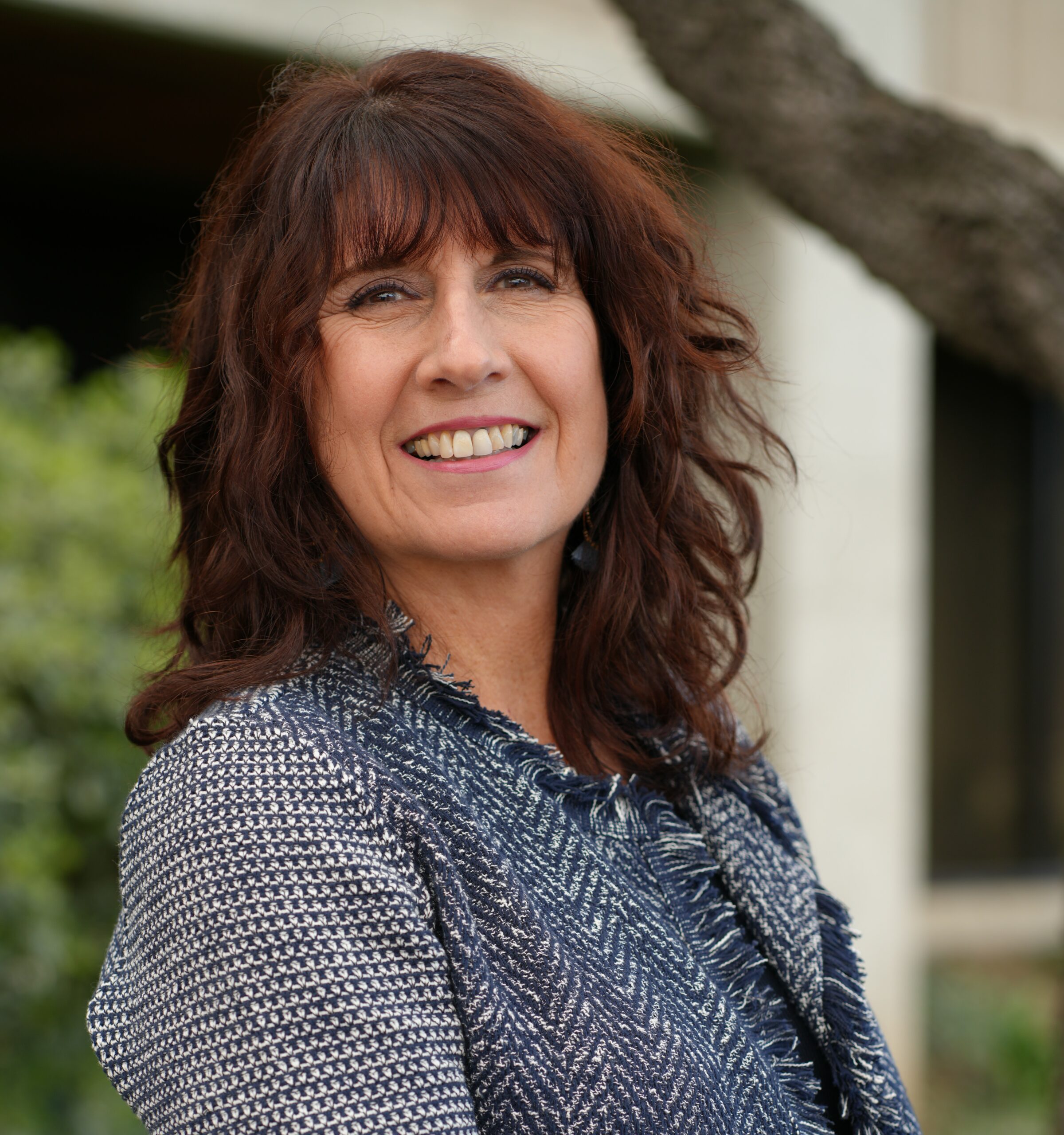Christine Thorsteinson and the Silicon Valley Community Foundation have supported KQED San Francisco to harness the transformative power of storytelling in early childhood systems.
“We wanted to try to go deep in system-level change and find ways to address systemic inequities that underlie the disparities in our region. Think about it– everyone loves cute babies. But the kind of change that we need to see to address the full scope of everything that children need, parents need, and caregivers need is going to take significant change at the government level. That requires substantial public support.”
“Babies can’t talk,” Christine reminds us. “We need to tell the stories and experiences of babies on their behalf.” The stories we tell about early childhood become the voice of those who cannot speak for themselves. They become an integral part of the decision-making process. The Silicon Valley Community Foundation’s support of KQED creates a platform for the stories of early childhood to rise to the top, ensuring that the experiences of babies and young children are heard.
SVCF funds journalism aimed at bringing the experiences of early childhood to life. “Storytelling is key in elevating the issue of early childhood,” Christine emphasizes. “We want the public to engage with early childhood beyond just the surface level.” Stories have the unique ability to penetrate beyond the complexities and alphabet soup of early childhood systems, making the experiences of parents and children relatable and real.
When funding journalism, funders like the Silicon Valley Community Foundation cannot have any influence on what stories get covered or how the messages come across. To ensure that the stories KQED tells about early childhood in Northern California are conveyed honestly and authentically, the relationship between SVCF and KQED must remain separated. “What is important is that these stories are reaching people where they already get their news,” she explains. “I can’t influence what [reporters] write, I just need to trust that the people who are reading it are learning something too.” This approach not only raises awareness but also builds a bridge of understanding between decision-makers, policymakers, and the public right here at home.
“Telling these stories takes early childhood from a private affair to a communal and infrastructural concern,” she says. “Stories make early childhood into something social, so no one is able to brush it off as some complex thing that doesn’t touch them.” They have the power to transform early childhood from an abstract concept into a shared responsibility.
In a time of so much change and progress in early childhood systems, Christine believes firmly in the power of sharing experiences. “In all the change that we have seen, especially here in the San Mateo County area– this has been a really phenomenal 2 years for early childhood commitments and improvements – I firmly believe that what brought this to fruition were the advocates who showed up, told their stories in Sacramento, and activated their communities.” Advocacy and storytelling go hand in hand in driving meaningful change.
Christine acknowledges the invaluable role of KQED reporters in this journey, as they continuously bring forth new perspectives and elevate previously overlooked issues. This support has pushed SVCF’s work right here in San Mateo County to be even stronger and more community-oriented, amplifying its impact.
Stories have the power to inspire, inform, and mobilize communities to take action. They provide a window into the lives of those affected by early childhood systems and offer a vision of the bright futures we can create together. When the public hears stories, Christine hopes it inspires action. “What do I want them to do? Shift their mindset and vote. Vote for kids.”
Read some of Daisy Nguyen’s Stories for KQED
‘Care Can’t Wait’: California’s Child Care Workers Demand Better Funding for Essential Services
Newsom Signs Legislation Investing $2 Billion in Publicly Funded Child Care
Guaranteed Income Program for Pregnant Black People Expands to 4 California Counties
Teacher Shortages Force Dozens of California Preschools to Close Classrooms


